We’re excited to introduce you to the always interesting and insightful Enrique Pallares. We hope you’ll enjoy our conversation with Enrique below.
Hi Enrique, thanks for joining us today. We’d love to start by getting your thoughts on what you are seeing as some the biggest trends emerging in your industry.
I see welcome change. For too long the world has drank a lot of very mediocre wine. What people don’t realize is that most of them have never tried a wine made by a small, artisanal producer. The world is full of small-scale producers, yet most people just drink the same ten brands that get widely distributed by the same giant distributors. The problem with this is that, as you would suspect, these wines are made with one goal in mind: to increase profitability and reduce costs while being palatable enough to succeed in the market. The way this is done is through engineering: take the grapes, kill all that lives on them, add hundreds of additives, and when the wine doesn’t taste that good, just add sugar to cover it up. This is a very low standard, yet we have conformed to it for way too long. This, I am sure, is no surprise to anyone. Just like we’ve seen all the Food, Inc. type documentaries that reveal the crazy practices behind these massive industries controlled by a handful of companies, you could make a Wine, Inc. documentary exposing the same things. It is important to remember that these few very large companies are the ones that have “educated” the consumer in this country. Hence, for example you have completely crazy clichés that customers repeat all the time: “Oh, I only drink red,” or “I only like Cabernet Sauvignon,” or “I am a white wine drinker,” or “I don’t like rosé because it’s sweet,” or “I thought you could only make wine in ______ (fill the blank with California, France or Italy).” These are, of course, things that people have been taught to say by the big producers (because that’s what they are producing) and by the media that they have on payroll.
Fortunately trends are changing. The first thing I tell people that genuinely want to fall in love with wine is to forget everything that they think they know, to forget how they think they should behave, and to truly listen to themselves. Wine is the overpouring bounty of nature. It is sensual and we have to listen to our senses. Don’t let some mediocre industry tell you what you should and shouldn’t like. Once you’ve gotten rid of those mental obstacles, you can start learning again. Learn about how a wine is grown and made, what you like most and why. Most people just like well made wine, whether it is white, red, rosé, orange, bubbly, fortified, sweet or dry or whatever. Most people are very open-minded and the general consumer trends of supporting authentic businesses with integrity is helping the industry so much.
Now we finally have attention shifting to natural and low intervention wines, to non-traditional grape varietals, to wines of different styles (including vermouths and aperitivos), to wines from different and unknown regions (including right here in the East Coast of the U.S.). I think making good wine is all about having passion, knowledge, and the humility to listen to nature and understand what can be best produced in your particular region. This is huge, because once you have a few good regional producers, which we now finally have, the whole industry starts elevating itself and improving, and people begin understanding a bit better that wine is part of food and agriculture. There are, of course, small wineries that don’t make good wine, but there is also a lot of good ones. It is in the small producers, not in the famous names, that you find the gold. So it’s just a matter of getting to know your producers, how they make their wine. It’s a matter of falling in love, and it is very encouraging to see that people are doing this more and more.
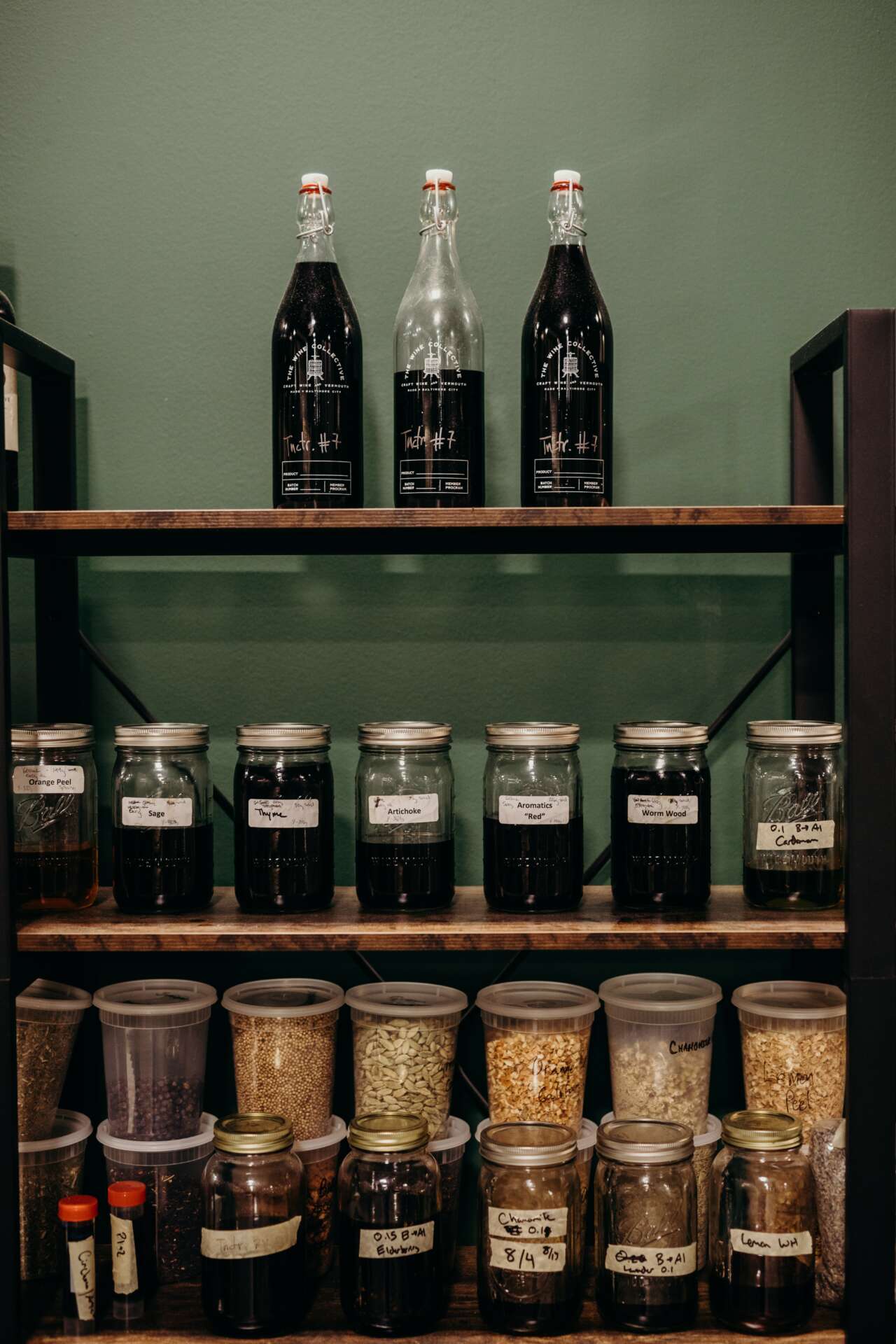
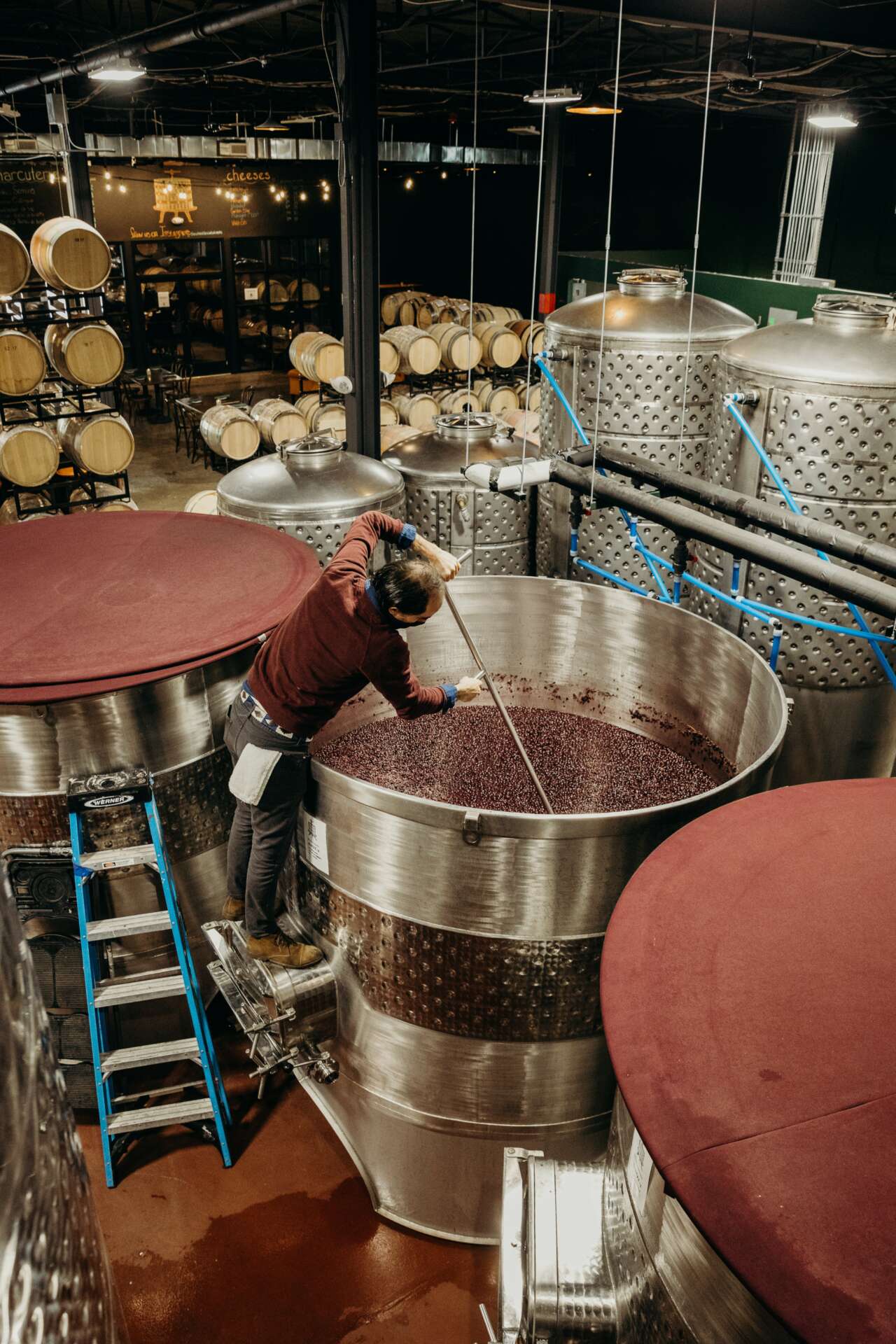

Awesome – so before we get into the rest of our questions, can you briefly introduce yourself to our readers.
My name is Enrique Pallares. I am a co-owner and co-founder of The Wine Collective, a wine and vermouth company with a full production facility in Baltimore City. We specialize in quality-driven wines and Spanish-style vermouths made all from local grapes and natural ingredients. We collaborate with farmers within 100 miles of the winery to bring the best wine, vermouth and food to our full wine and tapas bar, where people can taste our products and learn all about our processes.
I grew up in a gypsy sort of way, moving a lot and traveling a lot–mostly in Ecuador, but also in Argentina, Spain, California, New York, and many other places. So home was always the kitchen table. It was the place that always united us and rooted us. Our family was always very close to books, nature, food, wine, and each other, and from an early age we learned to work with our hands and minds, always with the purpose of gathering and creating something beautiful. This is why we (my brother Felipe and myself) gravitated towards this industry, an industry of dreamers and artists. Wine and food have been uniting people from the beginning of time, and this feels both very natural to us and extremely relevant for our time in history. My wife, Laura, and my brother’s wife, Jane, are very similar. Laura has been a co-founder of all our endeavors since the beginning and Jane has joined in to take part in all aspects of the business. Like us, they are attracted to working with nature, and to creating and sharing a sublime product whose goal is to make people gather. We all live together in a small polyculture farm where we grow grapes and botanicals and many other things. So this business really is, first and foremost, about people.
With our first project, our farm winery, Casa Carmen, we met John Levenberg and his wife Lea Loizos. John is a brilliant winemaker that came out of UC Davis and had experience in Napa, Bordeaux, New Zealand and many other places. We started making wine together and soon became great friends with him and his whole family. Lea comes from a big Greek family that shares a lot of similarities with ours, and she has a really deep understanding of the industry and the business. Most importantly, they see life in a very similar way and are amazing partners and friends. That is how The Wine Collective was born. It was the result of a collaboration and had the purpose of collaboration. It was born from the conviction that the whole is more than the sum of its parts and that human community is our ultimate goal. This is why we decided to create an unprecedented project, a place where grape growers and winemakers would come together for the same purpose. We have, to this day, incubated several new wineries in our space, including the first two black-owned wineries in the state, Philosophy Winery and Bent Wine Co. We act as the production facility for several other wineries and have become the first producer of vermouth in Maryland and one of the few in the nation. Our tapas bar is the first vermutería in the region. These type of place is common in Barcelona and Madrid, but nothing like it exists here, a place devoted to vermouth, wine, cheese, charcuterie, premium Iberian tinned fish, and above all, a light-hearted obsession for having a great time without pretense.
Despite having opened in the middle of a pandemic (our project began in 2019 and opened in 2020), we have not only survived, but managed to quietly set on our path to achieving our lofty mission. We poured all our lives into this project and have an incredible team that I wouldn’t change for anything. So, as much as everywhere we look we find challenges, from the pandemic, to shifting economic conditions, to supply chain shortages, the core is burning bright, and I am deeply proud of this company, and of this team.
Do you have any insights you can share related to maintaining high team morale?
I’d say be real and communicate. People are loyal to people, not to rules or metrics. As entrepreneurs, one of the hardest things that we are confronted with is the juggling of a million things at the same time. They are all urgent, all existential threats, all above our pay-grade, all hard to deal with. The problem is that nobody knows all the things that you do and the demands on your time do not stop. You think about how to solve every issue even while you sleep (if you do). This business is, quite literally, your life. So I think one of the most important things is taking the time to get to know people personally. You will never have as much time as you want to spend with your team, but try to make some and make it count. When you do spend time with your team, be genuinely interested in them as people, get to know them and let them know you. Not everyone will be a good fit and that’s ok. But with those that are a good fit, it’s important to be consequential. Help those grow as professionals and as people. Create pathways for opportunities for them to grow, even if that means that one day they will outgrow you. Help your team understand you and make the connection between the everyday work and the greater vision. We are not machines, but heroes of our own personal odyssey and we all need to understand why we are fighting our battles.
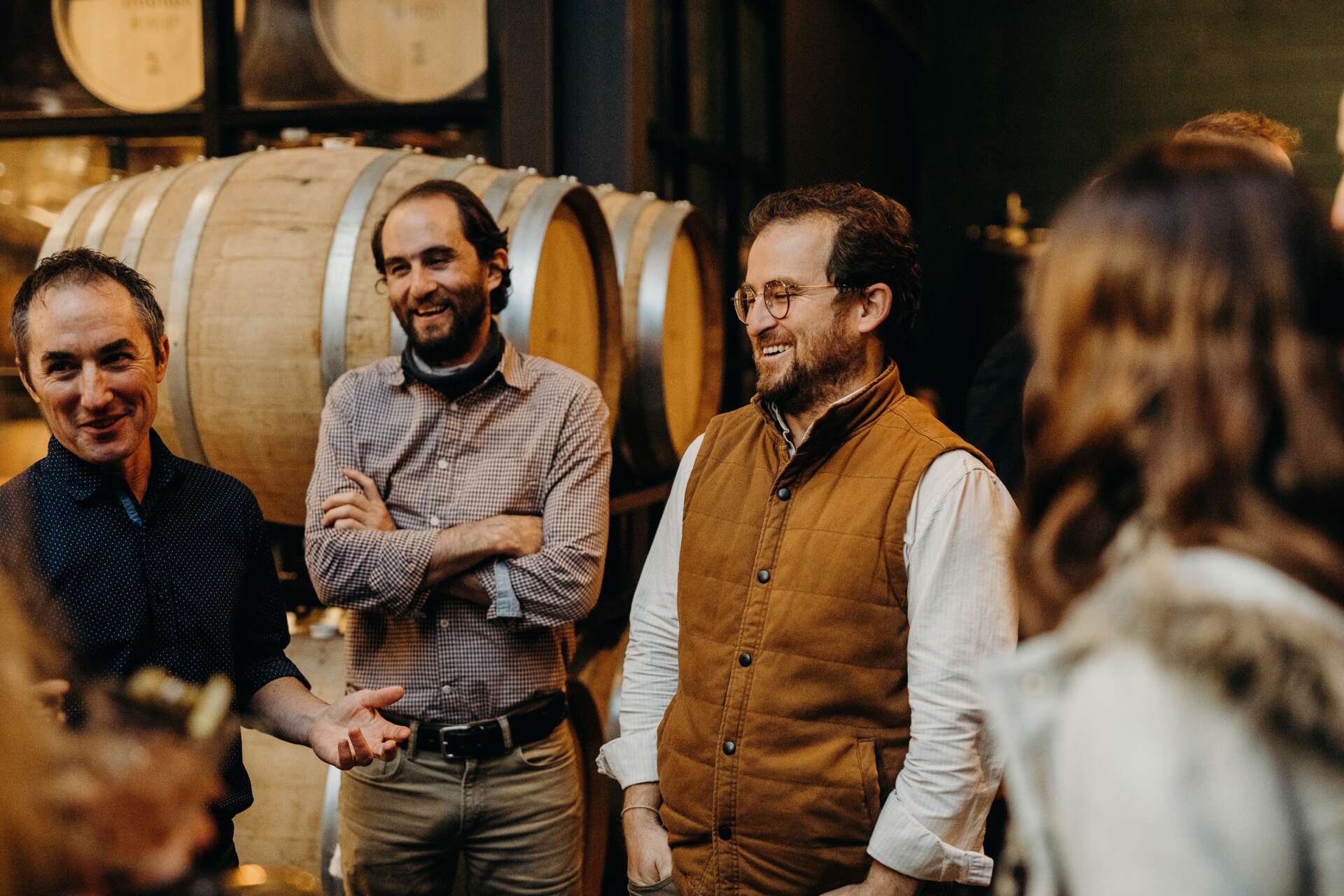
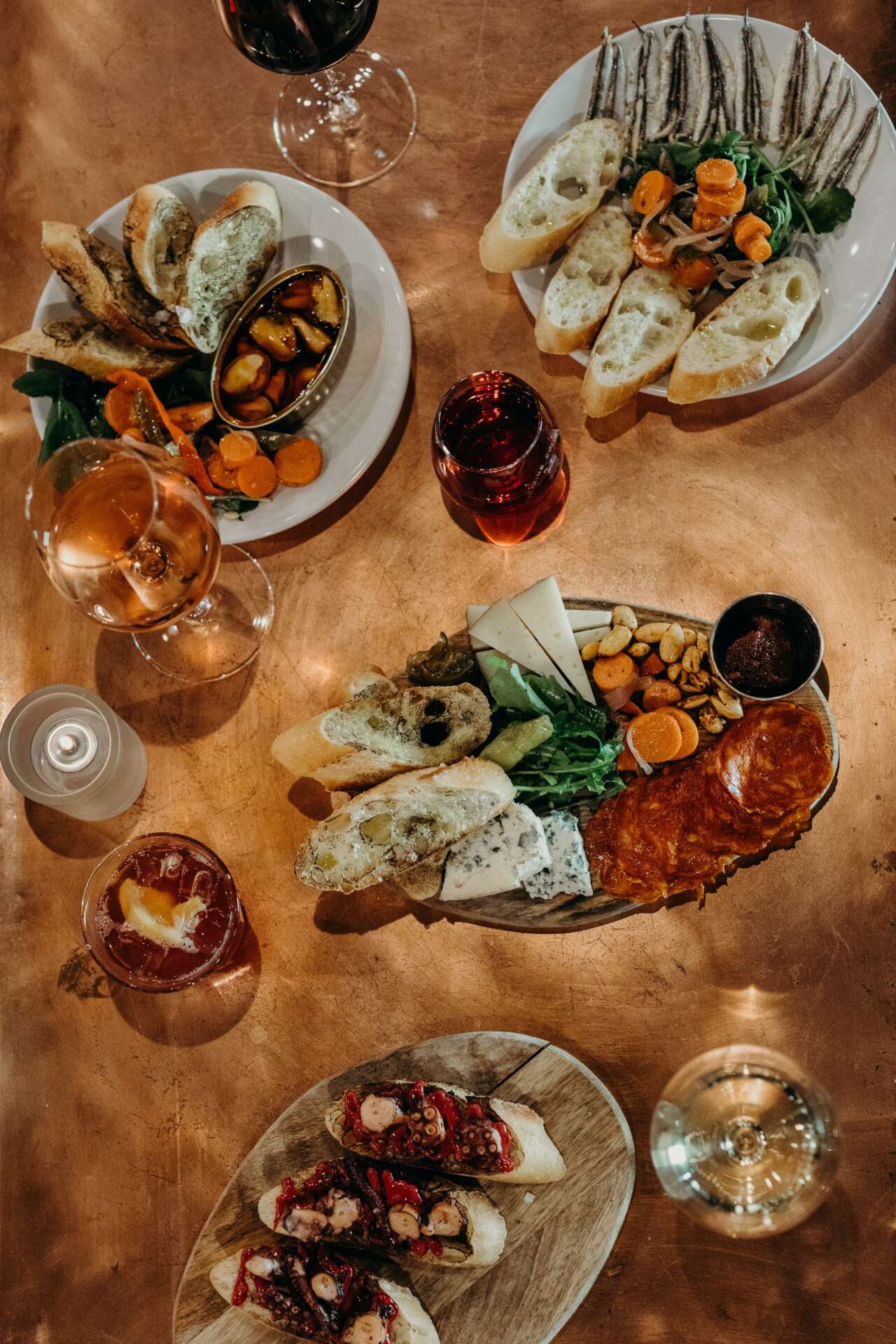
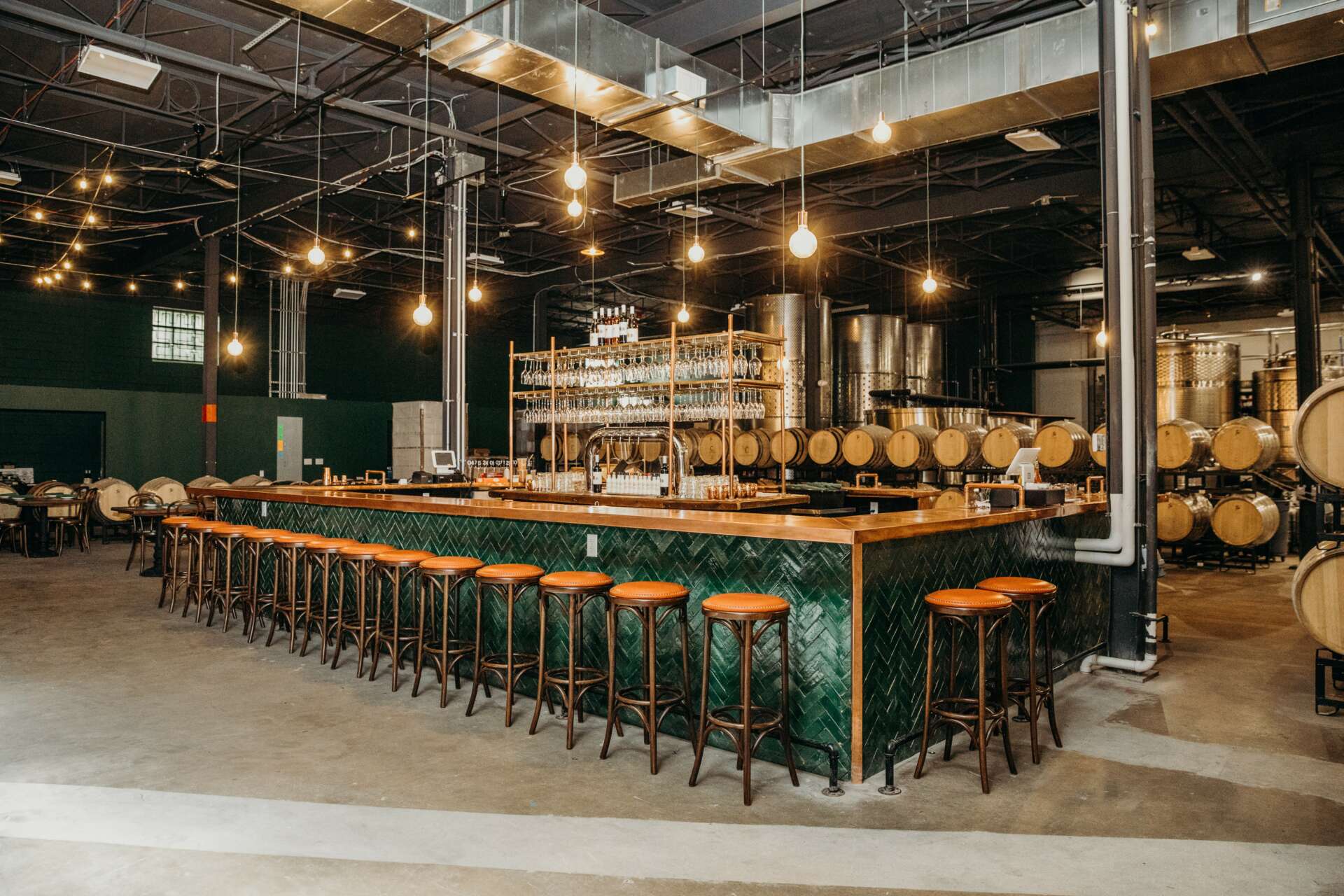
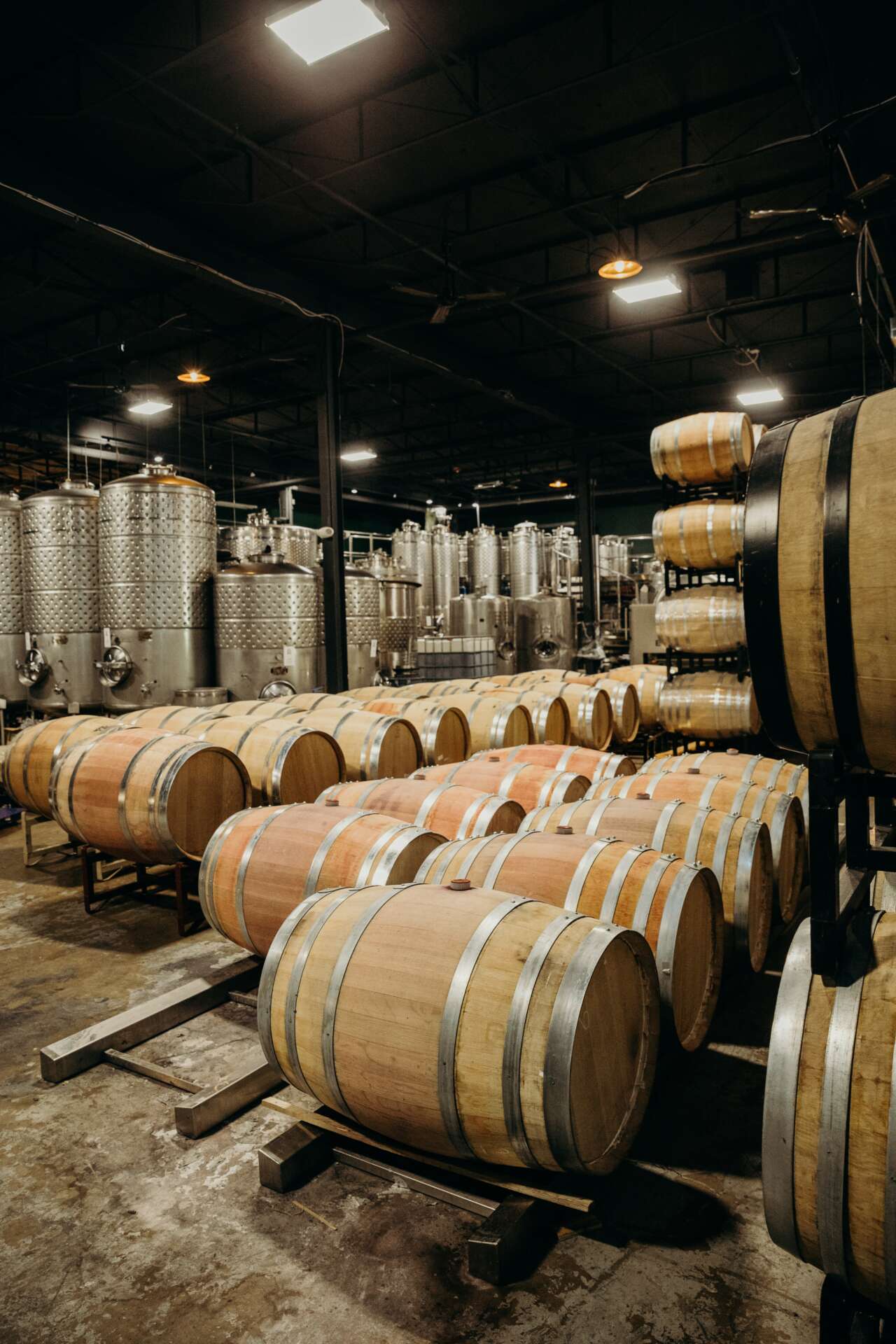
Can you open up about a time when you had a really close call with the business?
Basically thi is the story of the first two or three years of our business. 2019 was the golden age of the food and beverage industry. Anthony Burdain and José Andrés had become household names in the prior decades, Chef’s Table was one of the biggest TV shows in Netflix, and all you needed to do to be successful is to have a good, bold concept and to know how to execute it. As long as you excelled at your craft, success was within reach. That all changed with the pandemic.
People’s priorities shifted. After March of 2020, people were not thinking of discovering the coolest new restaurant concept or the newest trend in cocktails, but about survival and the sudden instability of their previously stable reality. On top of that, the domestic political turmoil and the beginning of Russia’s invasion continued exacerbating those concerns. Our model when we first conceived of it was all based on tasting room sales, on our wine, vermouth and tapas bar. We were supposed to open on March 20th of 2020, the worst possible time to open a different concept.
Wherever we turned, the suggestion was “go online!” Pivot, delivery, and curbside pickup became standard words in everyday usage. However, I knew that none of these were going to work. True, people were still ordering delivery of food from restaurants and drinking plenty of alcohol, but no one was interested in discovering something new. No one was thinking about whether a new restaurant had opened and about ordering a vermouth cocktail and an octopus pintxo to go. We still tried it, because we had to try everything at that moment. We did our very best with social media advertising, outdoor events, curbside pickup and delivery programs, tasting kits with a live online tasting, etc. Nothing worked. It was, as predicted, painfully slow.
Two years later, the pandemic “ended” and everyone assumed that life would go back to normal. Of course, that was not the case. With all restrictions gone, staffing and supply chain issues became the central concern of most restaurant owners, and after addressing those, most restaurants still report having much lower revenue that in 2019. More than half of restaurant owners still predict that it will be over a year before things “return to normal” (and I believe that is still excessively optimistic). In a recent poll, over half of people still report not going out as much as they used to. The reasons for these issues are many and probably have to do with a blend of economic factors and things related to the pandemic, but the reality is that for those of us in the industry, the world and the market had changed and the “great extinction” was just beginning.
People don’t like to hear that this is the reality in the food and beverage industry, but it is and it will become more and more evident with time. And this is how we started, and it truly was nothing short of a nightmare. For two years, we did not know if we were going to be able to keep the lights on one more week, sometimes one more day, and this business was everything for us: not just our dream, but the very livelihood of all our families.
But the grit of our team is the stuff of dreams. All of us partners stuck together, never turning against each other. We put our people first and stopped all expenses that were not strictly related to the most basic operations. We took time and did a strategic plan. We doubled down on business development and welcomed new partners and opportunities. Today, our business is different than how we first imagined it. The tasting room is great and people are slowly coming out more and more, but we also have distribution in three states and are growing. We’ve released really exciting new products, including our first natural canned vermouth spritz, Vermutino, and its a total hit. We’ve been recognized by the best publications in our industry, and are closer with one another than ever before. We are still far from our goals, and still very much live in a very difficult moment, but we are open, relentless, moving, fighting, and by many measures, even winning.
Contact Info:
- Website: https://winecollective.vin/
- Instagram: @thewinecollectivebaltimore
Image Credits
Sarah Culver


